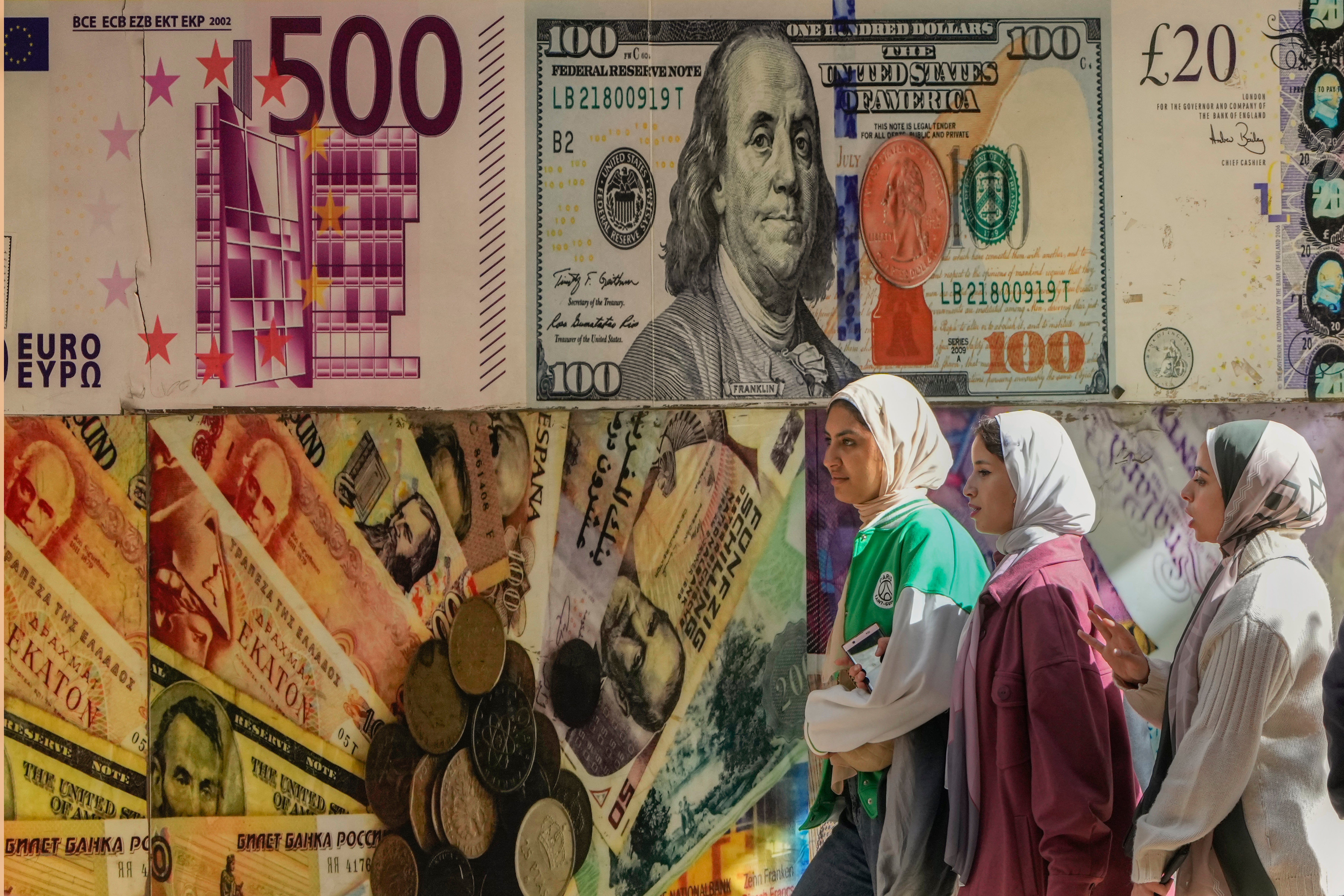The world came through. Now Egypt must hold up its end of the bargain
The IMF has a chequered history of cramming neoliberal reforms down the throats of developing countries. But in the case of Egypt, its key provisions can only help, writes Borzou Daragahi


For years, the economy of the Arab world’s most populous nation has been collapsing before our eyes. This is largely due to what many consider to be the corruption and gross mismanagement of President Abdel Fattah el-Sisi, the military leader who seized power in Egypt in a 2013 coup and has now led the country for nearly a decade.
The International Monetary Fund (IMF) has come to the rescue with a $3bn 46-month package that has some strings attached. Some of the conditions entail even more pain for average Egyptians, including a reduction in subsidies and a removal of controls on exchange rates that has led to a further collapse of the country’s currency, the pound, which now trades at nearly 30 to the dollar.
But key provisions of the IMF could only benefit Egypt, at the cost of the powerful military that has been ruling over the nation since the 1950s and continues to pilfer the country. In particular, the new reforms are aimed at reducing the state’s footprint in the economy and opening up its books.
“The IMF finally went to the mat in order to bring much greater urgency to Egyptian pronouncements – which are frequent, but have yet to lead to concrete results – on reinvigorating the large public and public business sectors, whether by restructuring them or selling shares in them to private investors, and on levelling the playing field in order to facilitate private sector-led growth,” wrote scholar Yezid Sayigh of the Carnegie Middle East Centre.
Egypt was forced to turn to the IMF for the fourth time since 2016 after international investors pulled out of the country last year. The economy is a shambles. Inflation is running at about 25 per cent.
The Egyptian military’s business interests have long been a black box. Since Sisi seized power in 2014, its role has expanded dramatically. His friends in the armed forces oversee much of the housing and public infrastructure construction, as well as procurement and distribution of consumer goods, including food. In some major sectors, such as building and infrastructure, the military controls up to a quarter of all activity.
This state of affairs enriches generals and their hangers on, who have emerged as the country’s new oligarchy. It also scares off any accountability for shoddy work or cost overruns. What civil servant or journalist would dare challenge a senior member of Egypt’s armed forces for botching a housing project, or pilfering funds from a power plant renovation?
The military’s economic power has also scared off private investors, who fear they will have to either partner up with the armed forces or be muscled out or worse should they run afoul of some general or his business pursuits.
Then there are the massively expensive and gratuitous projects the Egyptian armed forces have undertaken. They include the ill-conceived $8bn expansion of the Suez Canal and the wasteful building of an entirely new administrative capital in the middle of the desert, at an estimated cost of $45bn. Both were conceived by Sisi, received little civilian input and are pursued or even owned in part by the military.
The IMF’s deal at least identifies the root of Egypt’s economic problems. “The new IMF deal finally goes after a key source of Egypt’s economic woes, the aggressive expansion of the military’s economic empire,” says Timothy E Kaldas, a researcher at the Tahrir Institute for Middle East Policy. “The deal calls for transparency of military finances and subjecting military companies to the same rules as the private sector.”
Kaldas warns that the deal will only work if the IMF and its major shareholders, including the United States, UK, France and Germany, insist that Cairo complies with the deal.
“That means maintaining vigilance during each review and refusing to disburse future tranches if the government fails to live up to its promises, and we see a significant change in the scale of the military’s business empire and the rules their companies are subject to,” he says.
Egypt has long sought to bully world powers to meet its demands with the assumption that it was too big to fail. The thinking is that a collapse of the country would entail such a dramatic security and economic fallout that world powers would bow to its whims. But its recent economic troubles means it has very little choice but to turn to the IMF to finance its considerable debts and tax shortfalls. “The IMF has leverage and seems to finally be willing to use it,” says Kaldas.
The IMF has a chequered history of cramming neoliberal reforms down the throats of beleaguered developing countries. But in the case of Egypt, any steps that could reduce or even expose the power of the armed forces can only help.






Join our commenting forum
Join thought-provoking conversations, follow other Independent readers and see their replies
Comments